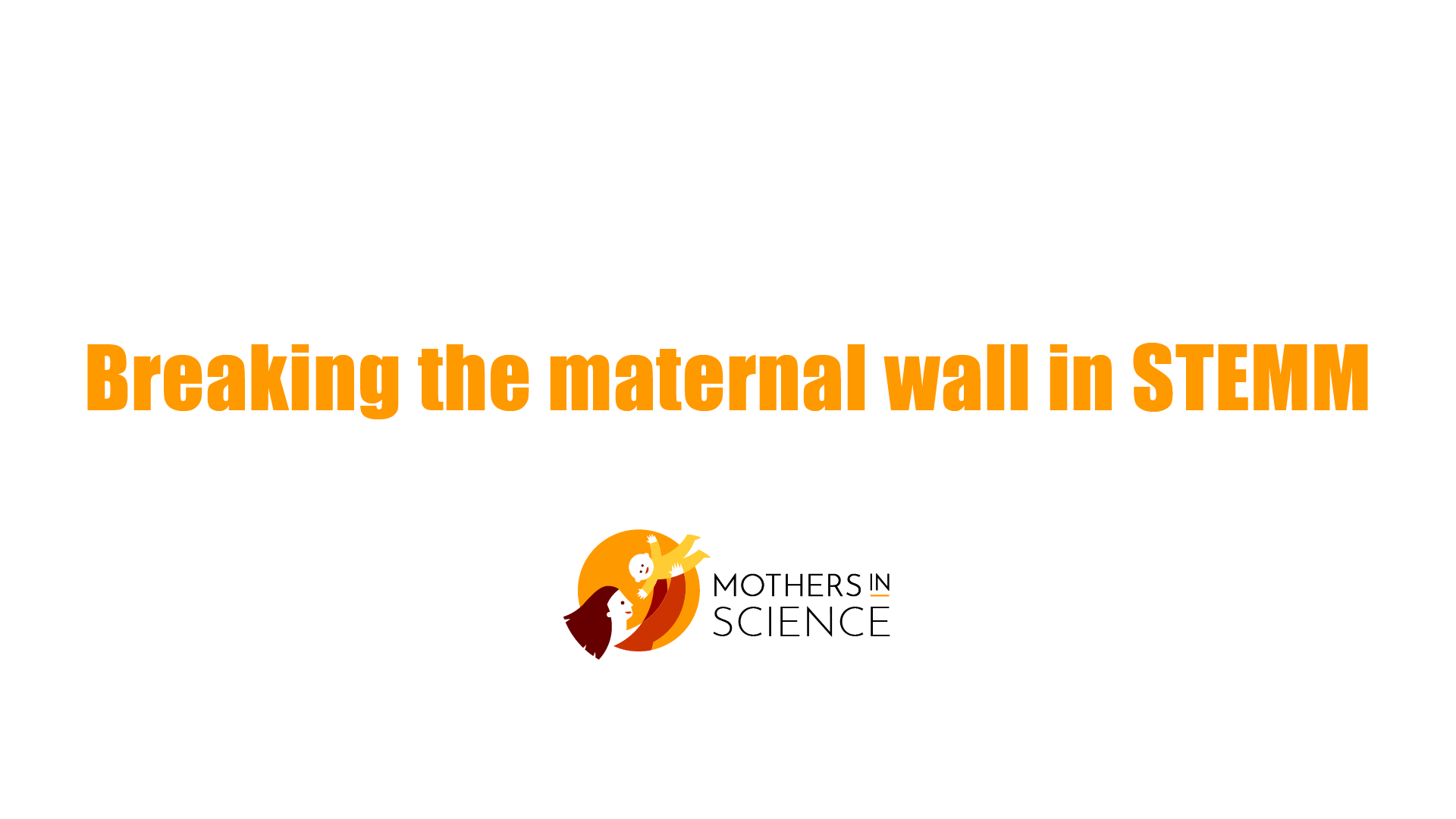Supporting mothers, empowering women.
There is a widespread myth that women must choose between having a career or a family, but it has never been questioned that men can have both. Gender differences in career progression after women or men have children are often anecdotally explained by differences in ‘biology’ or personal choice - and these motherhood myths conceal the real underlying causes driving women away from their career path.
Soon after becoming mothers, many women move to part-time employment, change career sector, stay “stuck” in a low-responsibility role, or exit the workforce altogether. In contrast, men’s careers are typically unaffected or may even receive a boost after having children.
Besides facing bias and discrimination for being women, mothers encounter additional obstacles to career advancement. Research shows that bias and discrimination against women with children, known as ‘maternal wall’, combined with internalised gender roles, unequal sharing of housework and childcare, and a family-unfriendly inflexible work culture, are some of the invisible forces putting pressure on women to step back from their career track.
Watch the video to learn more about the maternal wall in STEMM:
“Besides facing bias and discrimination for being women, mothers encounter additional obstacles to career advancement. ”
In STEM, a recent study showed that 42% of mothers and 15% of fathers in the US leave full-time STEM employment within three years of having children. Our own research shows that over 34% of women globally leave full-time STEMM employment after having or adopting a child (unpublished). In addition, on average female academics have fewer children than their male counterparts and women in other professional sectors- women in STEMM are delaying or holding back from having children to pursue their careers. The COVID-19 pandemic has worsened the situation for mothers in science and reversed decades of progress to close the gender gap in STEMM. Yet, despite these alarming facts, discussions around motherhood and gender imbalance in STEMM typically remain behind closed doors and few interventions address these issues. We want to start these conversations and help build a society where nobody has to choose between having a career or a family.
We believe that with the support of our partners and our strong community we can make a positive impact and promote lasting change. Together we are louder, together we are stronger.
Thank you for your love and support.
Mothers in Science team


